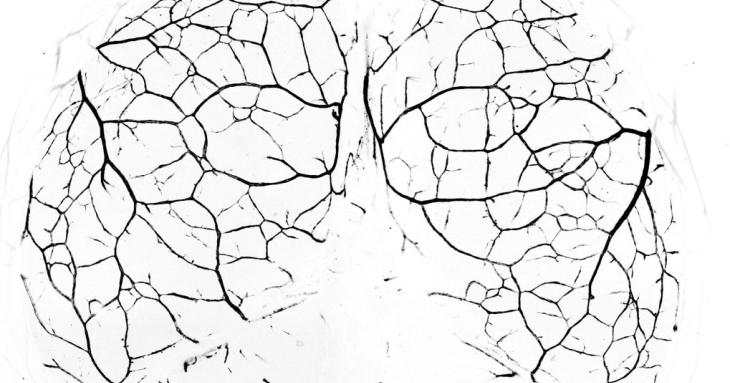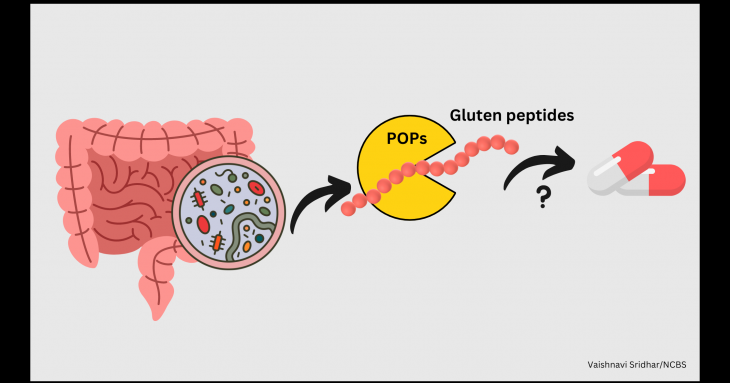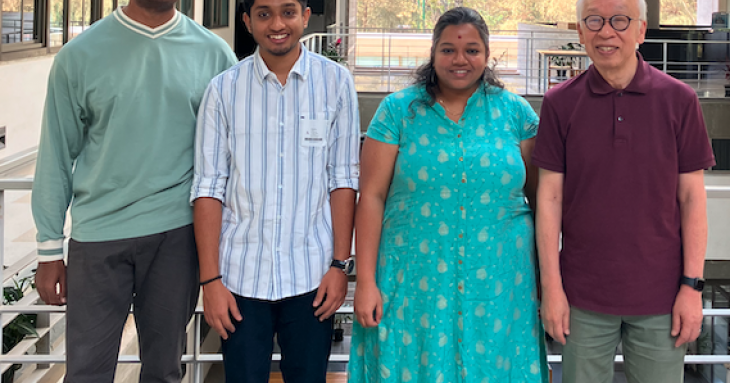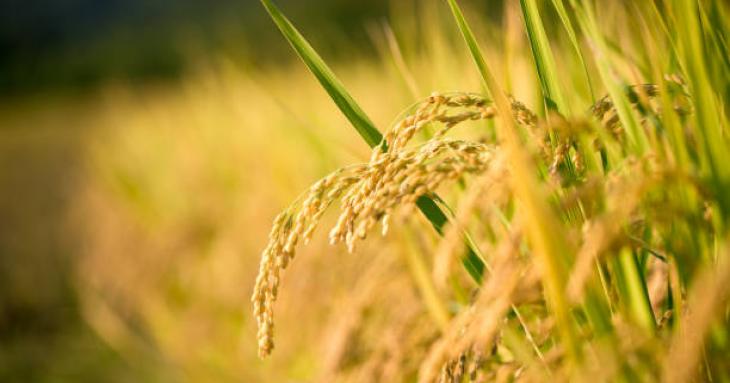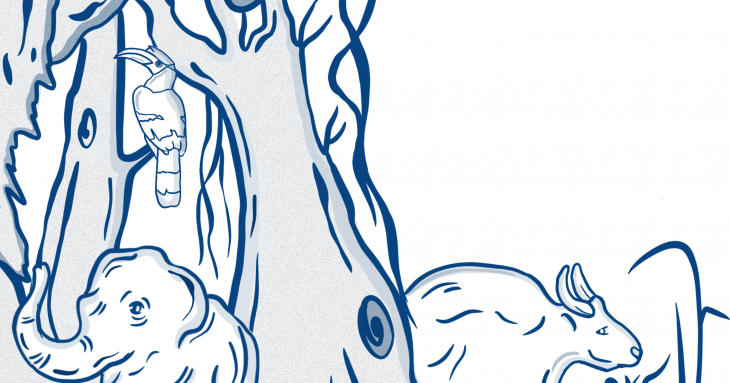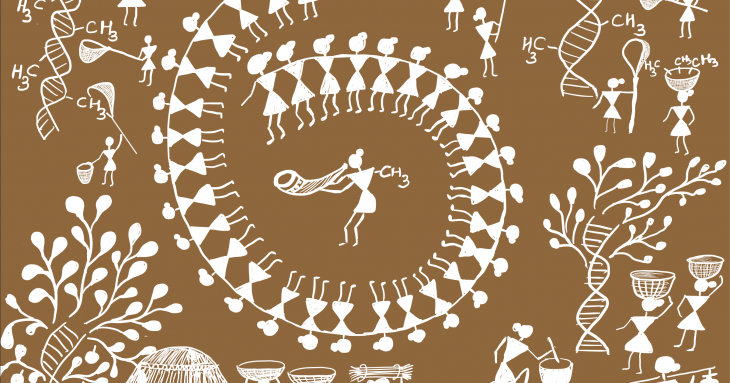-
Birds’ Secret to Restoring Hearing
"What humiliation when any one beside me heard a flute in the far distance, while I heard nothing, or when others heard a sh
-
Tracing the Genetic Footprints of India’s Elephants
Elephants are long-distance migrants. The populations in India, which make up 60% of the global Asian elephant population, began their migrations 100,000 years ago, gradually settling in different parts of the country. A record of these journeys can be found imprinted in the DNA sequences of today’s populations.
-
Understanding Collateral Arteries: a detour to escape stroke
More deadly than bullets and earthquakes, strokes claim millions of lives each year.
-
NCBS Welcomes Dr Abhilasha Joshi
Abhilasha Joshi has been fascinated by science, geography, and history growing up. During her initial years of high school learning, she was certain that her goal was to find a cure for lymphoma after she lost her cousin to the disease. “Can’t we cure it? I asked the doctor. That’s where science is right now, he said”, tells Abhilasha. Left with more questions than answers, “That’s the time I wanted to become a scientist”, she adds.
-
Potential therapeutics for celiac disease could lie in our gut
Wheat, rye, and barley are some of the oldest grains cultivated by humankind.
-
Interview with Prof. Hiroshi Hamada
NCBS recently wrapped up the NCBS RIKEN-BDR meeting. This meeting was spearheaded by Prof. Hiroshi Hamada, Senior Visiting Professor, NCBS & Ashoka Distinguished Visiting Fellow. The meeting helped foster scientific collaboration and greater appreciation for the research being done at both the centres. It further opened up new doors for more joint programs and scientific exchange. I talk to Prof. Hiroshi Hamada about his time at NCBS, his research, and his interest in furthering India-Japan scientific relations.
1. What brought you to India and NCBS?
-
How Does Rice Treat its Wounds?
Step on a snake, it bites back. Step on a plant, it suffers in silence? Actually, no. Like animals, plants too have survival strategies to help them endure and recover from such accidents. In the plant world, being nibbled on by herbivores or damaged by harsh weather is routine.
-
Large Herbivores losing genetic connectivity in Central India
Habitat loss, degradation and fragmentation are major threats to biodiversity across the globe. Extensive development is fragmenting habitats, resulting in small, isolated patches of natural habitat within a broader mosaic of altered landscapes.
-
Transcriptional switches help bacteria survive aberrant DNA methylation
Bacteria routinely face stress from radiation, toxins, metabolic by-products and even antibiotics secreted by other bacteria in the environment, which can damage their DNA.
-
Unraveling Neural Health: Insights from Lipid Transfer Proteins and Cellular Regulation
In the intricate world of cellular biology, lipids are essential players, that serve as building blocks of cellular structure an




